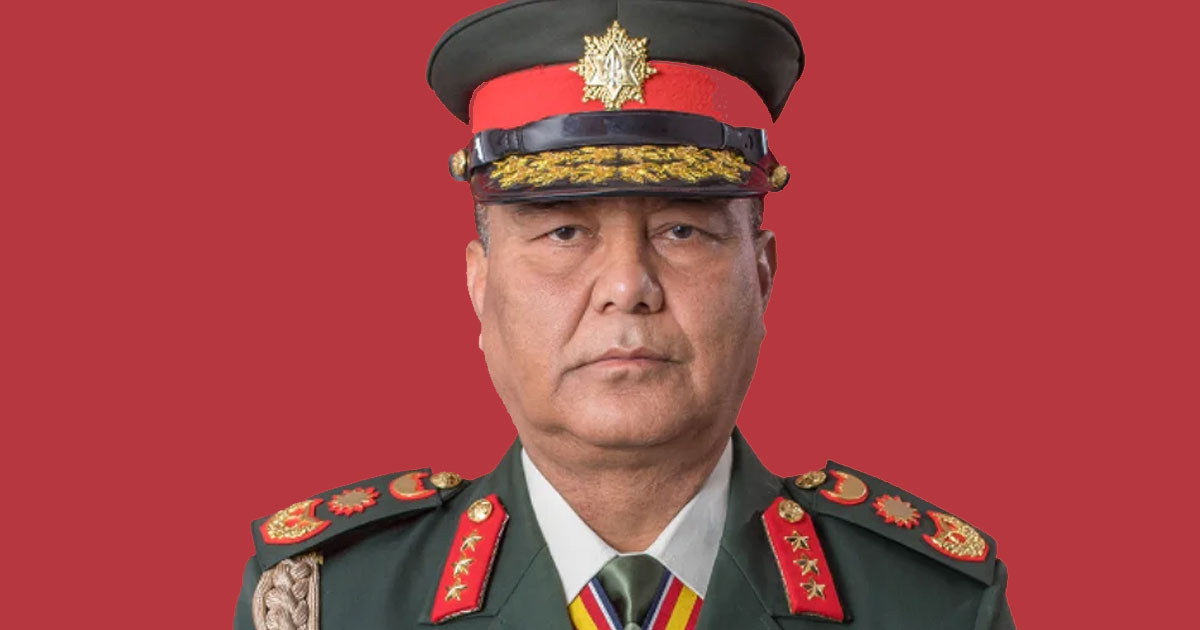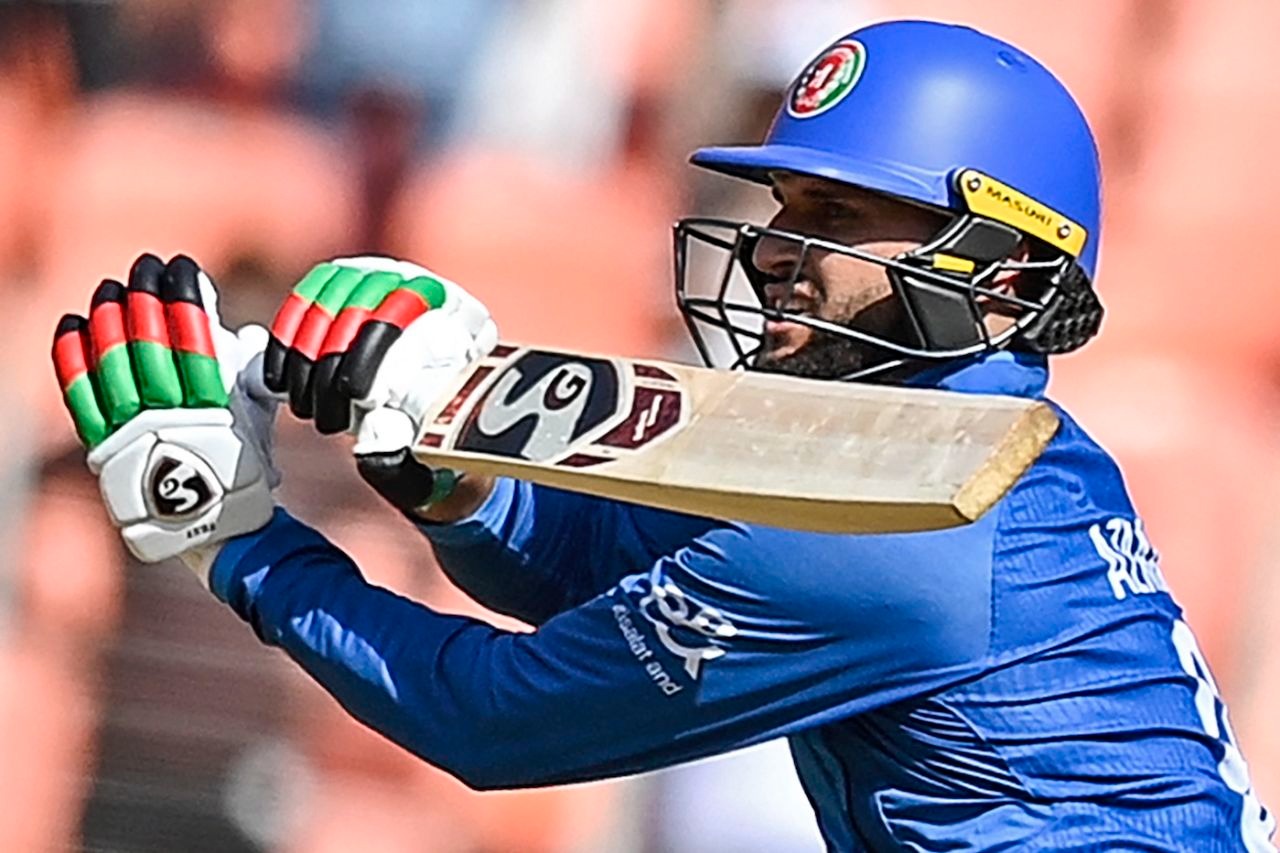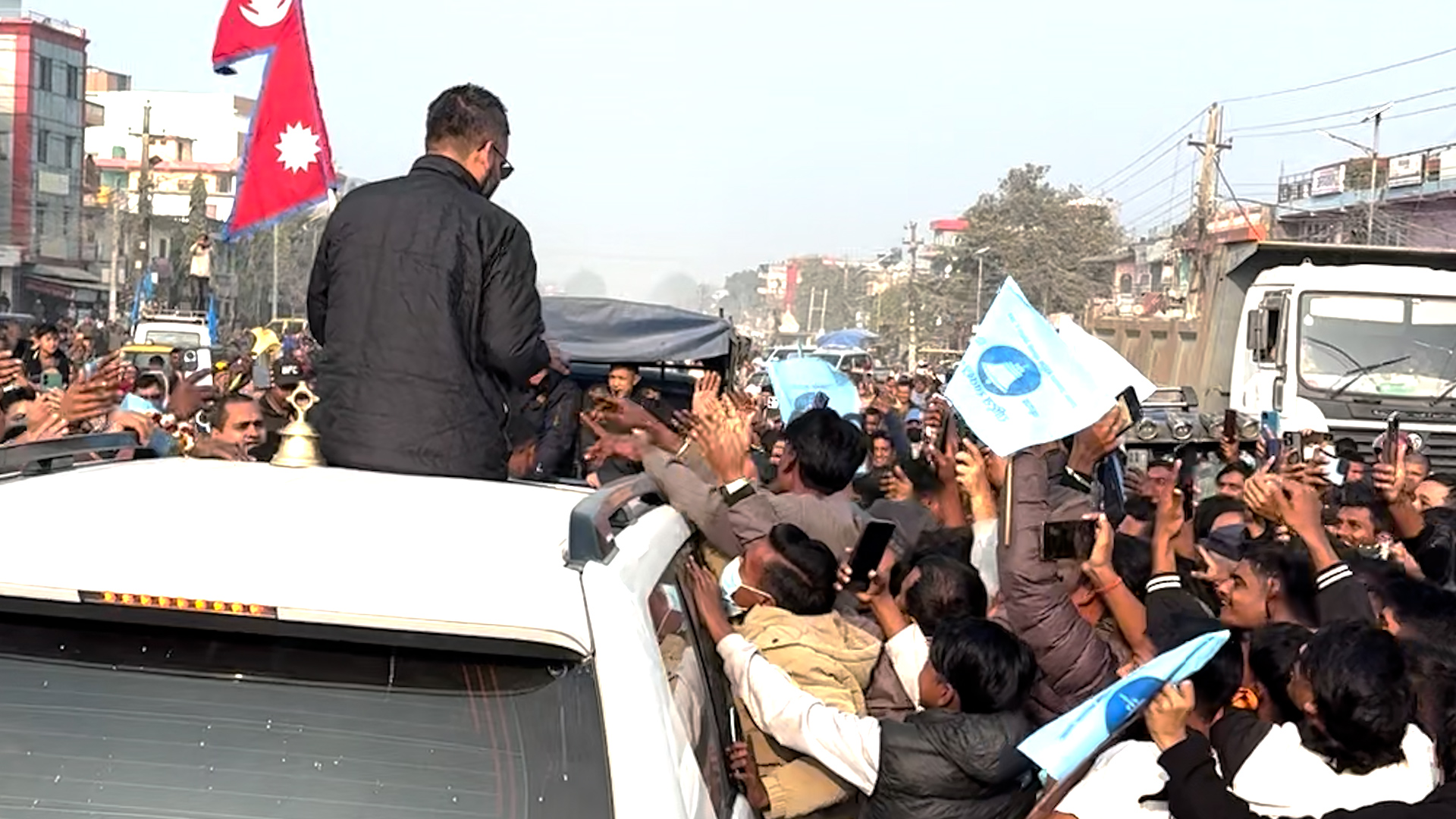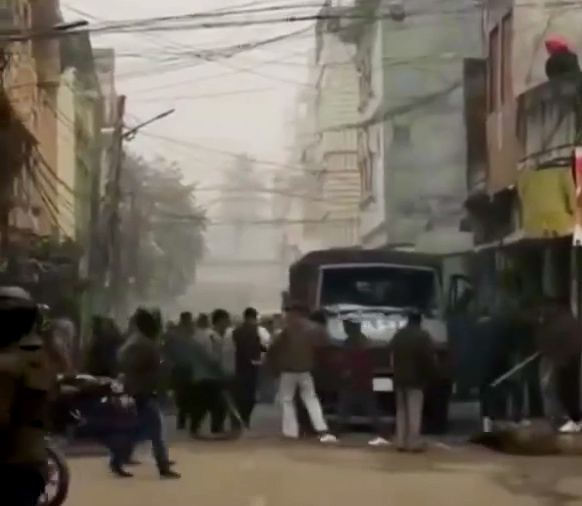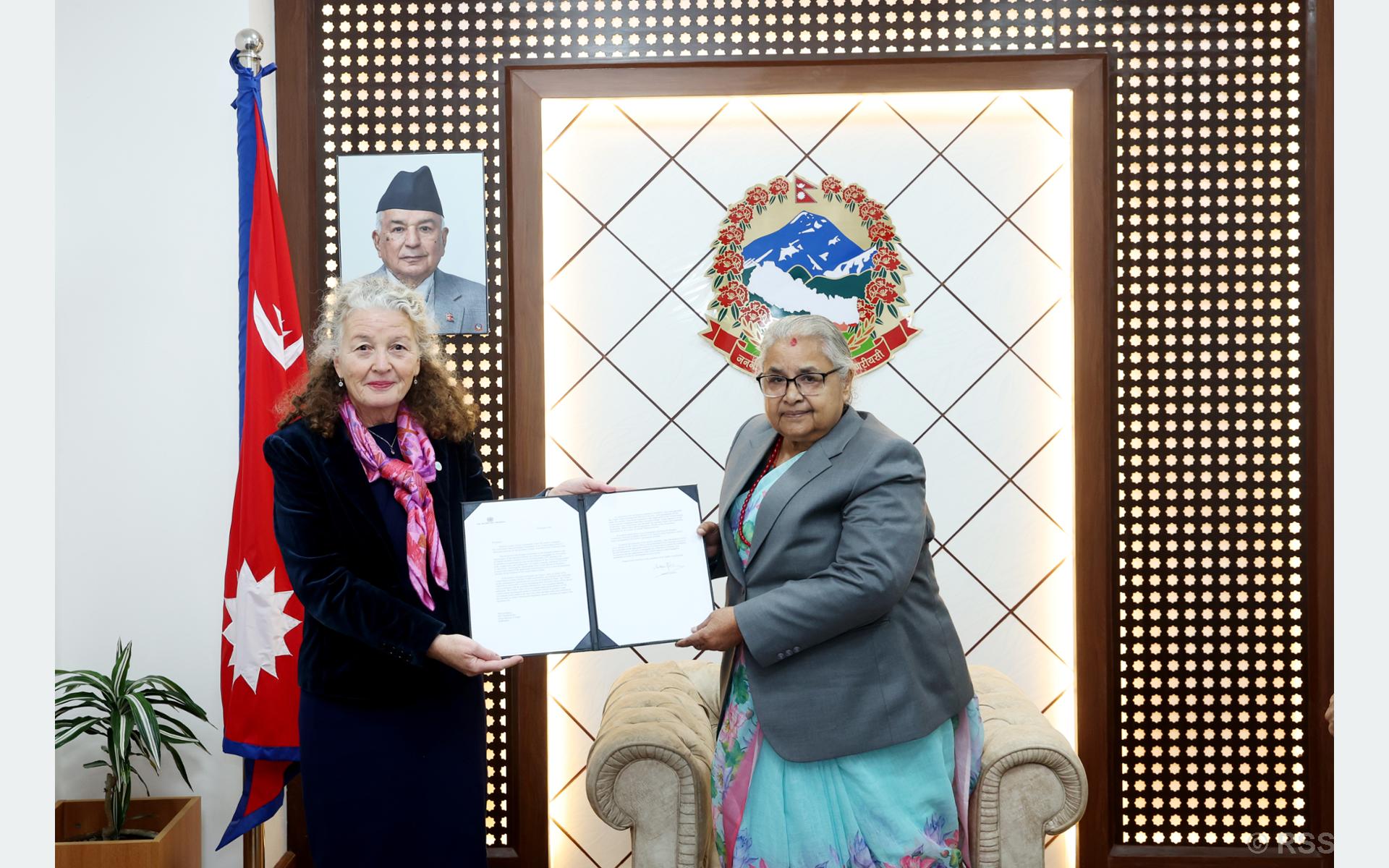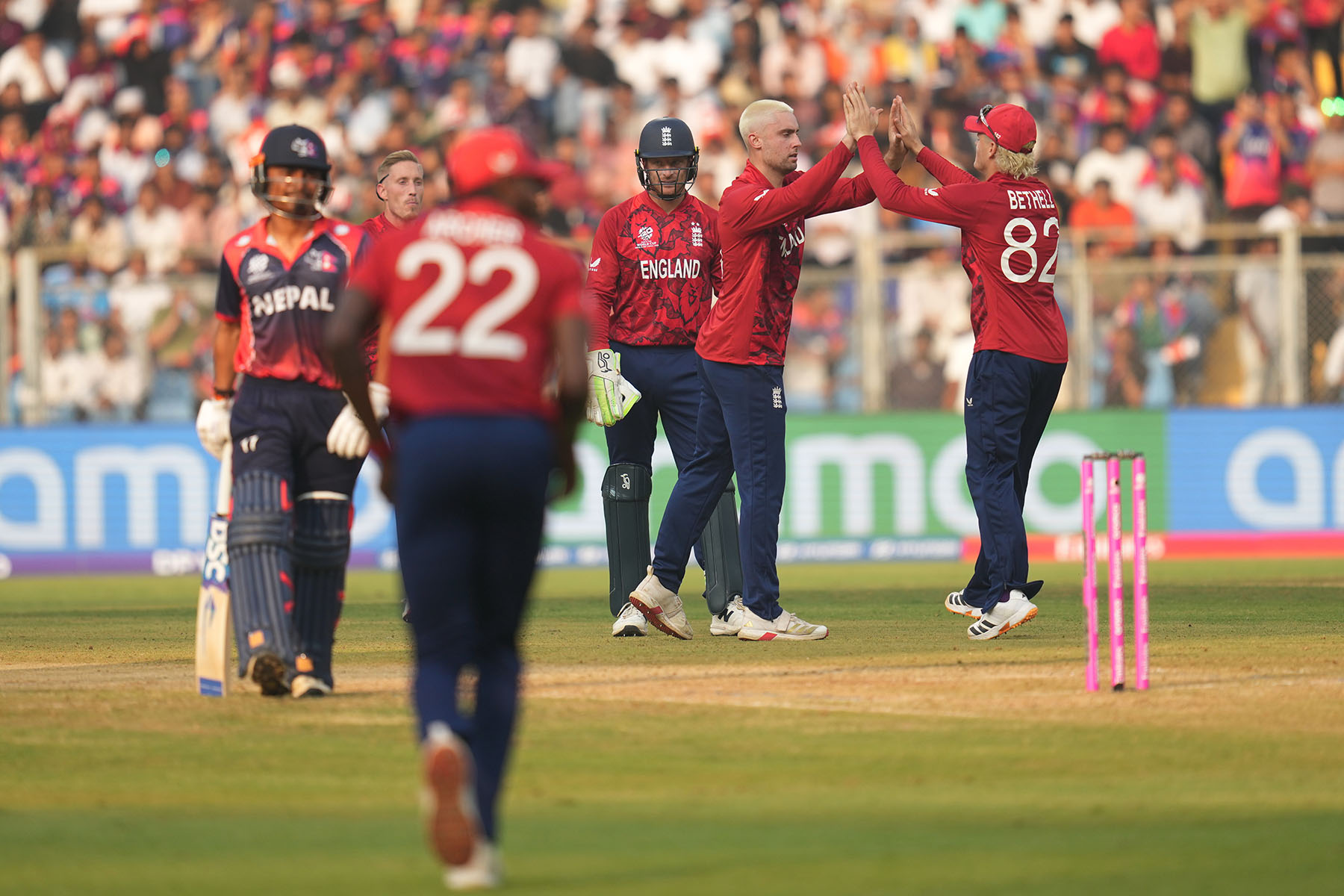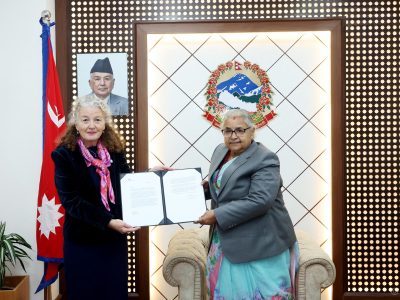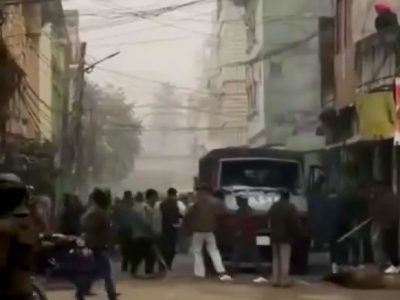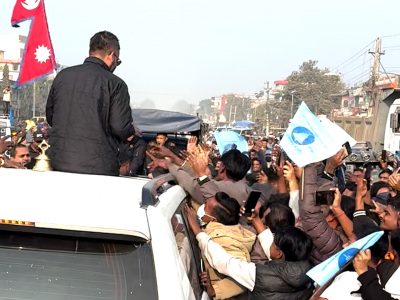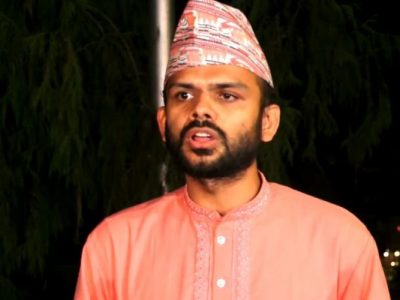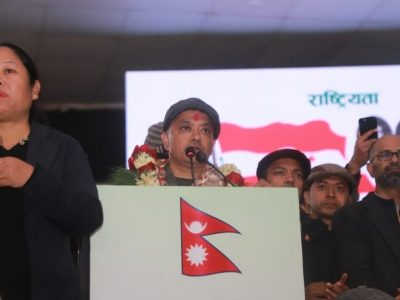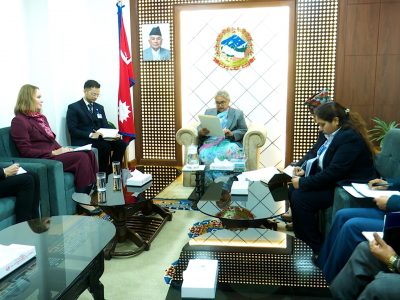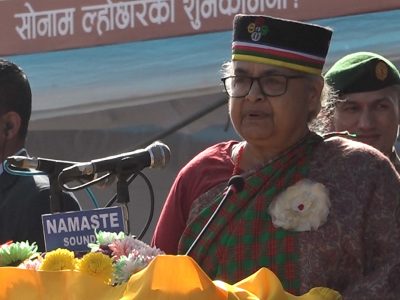Breaking tradition: women carry dead bodies on their shoulders
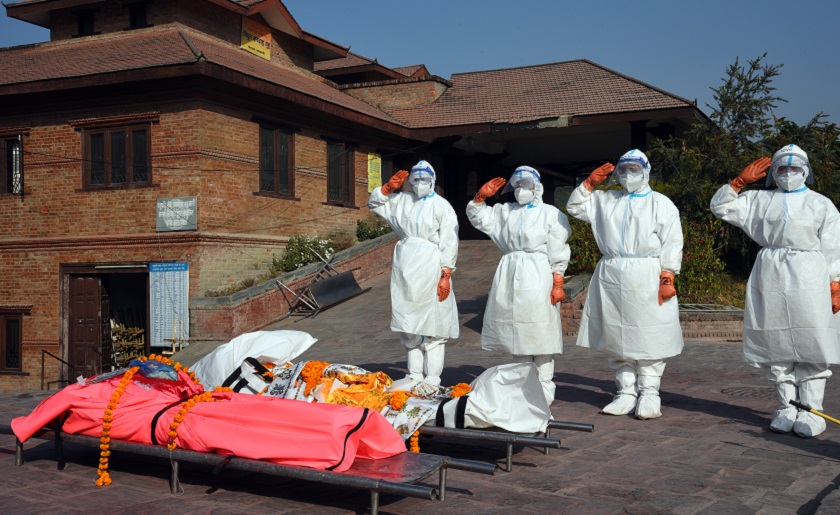
zj Joj:yfkgdf ;}lgs dlxnf sf7df8f}F, ! k'; M sf]le8!( sf] ;ªqmldt JolQmsf] d[To'kl5 kz'kltl:yt zjbfx u[xdf zj Joj:yfkg ug]{ qmddf g]kfnL ;]gfsf] uf]/vsfnL u'Ndsf dlxnf . tl:a/ ;f}hGo M g]kfnL ;]gf÷ /f;;
Kathmandu, December 16. The Covid Desk of the Nepali Army receives information from Covid-19 Crisis Management Committee (CCMC) about the death of at least one infected person daily.
Upon receiving the news of the death, the Valley Division of the Nepali Army instructs the trained military team to rush to the hospital for the management of the body without delay. Two women’s teams are always ready for the task in the valley.
Shortly after receiving instructions, the women’s team on Friday managed four bodies on the same day from Shukraraj Tropical Hospital, Birendra Sainik Hospital and Nobel Hospital. Sergeant Krishna Kumari, Lance Corporals Sita and Hiradevi and Private Pushpa are in one team while Lance Corporals Rachna and Rashmi and Private Leela are in the other.
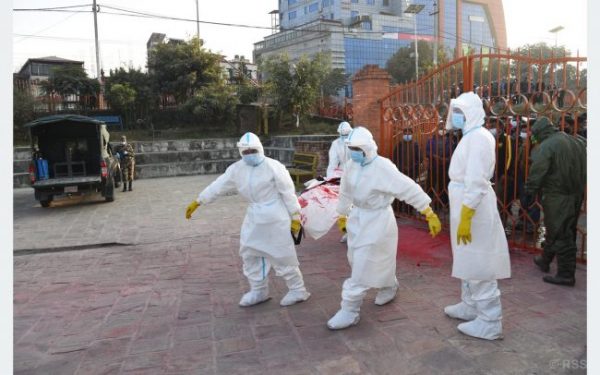
Before exhuming the body, the team disinfected the stretcher and surrounding items. After disinfecting the body from outside, the body was taken out and placed in a hearse. With the necessary safety and security precautions, the team took the body to Pashupati Aryaghat.
They do not miss to salute the corpses that the relatives and friends have not been able to see, touch and pay homage to. Those who want to offer wreaths have been given the opportunity to do so from a safe place following the health standards. Otherwise, the army offers flowers on behalf of the family. After offering a salute, the body is cremated.
According to Captain Roshni Karki, Deputy Commander of Gorakh Kali Company, cremation is done according to religious traditions followed by the relatives. In the early stages of the Covid-19 infection, people were afraid to go around the infected person’s home and it was difficult to manage around the village. After the government gave the responsibility to the Nepali Army, they have working day and night in the management of corpses, facing various challenges from the very beginning.
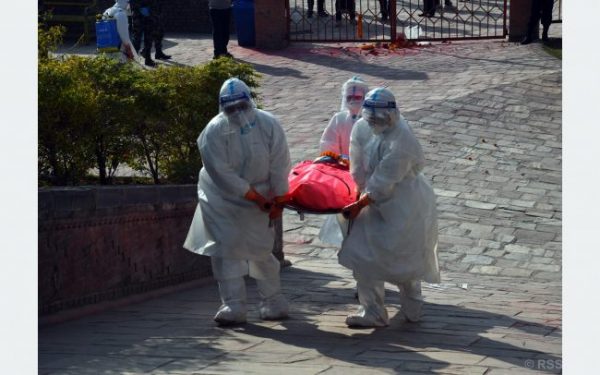
Earlier, Sergeant Krishna Kumari’s work was confined to office works. As Covid-19’s infection worsened, out of desire, she has been working on the management of corpses of those who died due to coronavirus. For her, it was the contingent responsibility of a public servant to bear such a situation.
To fulfill her promises to protect the nation, Krishna Kumari did not hesitate to carry the corpse of an infected person on her shoulders. It is not a trivial matter to manage the corpses of people who have lost their lives to a pandemic. The risk of infection is the same if you are not careful.
After managing the body, it is not possible to directly go to their homes or offices. She says that the body needs to be disinfected immediately. After managing the corpse, the Personal Protection Equipment (PPE) set should be kept in a separate container for disinfection and go to quarantine with necessary health care precautions. The next team then comes forward for corpse management.
Krishna Kumari, who is working in both groups, is very experienced in the task. Earlier, Lance Corporals Rachna, and Rashmi, and Private Leela along with Krishna Kumari had participated in the first group. During that time, six bodies from Om and Teaching Hospital were taken care of.
In the second round, Krishna Kumari, Lance Corporals Sita, and Hiradevi and Private Pushpa participated. The two teams have so far managed 10 bodies. Sharing her experience, Krishna Kumari says, “I’m proud to be a women soldier and to be able to fulfill the responsibilities given to me by the state in times of crisis.”
Orders could come from the Valley Division Covid Desk any time. The team should be ready at all times to meet the required health standards including PPE sets, shoes, gloves, gowns, glasses. As soon as the news comes, you have to run with the hearse. Krishna Kumari added, “The work is not easy, we have put into practice what we have learned in the training. The mission is successful, without any doubt.”
Gorakh Kali Company is the first ‘only female’ Company of the Nepal Army. There are 178 women soldiers here. The team is deployed under the command of Captain Sita. Deputy Commander Karki said that women soldiers have volunteered for humanitarian work in times of crisis, breaking the traditional belief that women should not take part in a funeral procession.
After two weeks of training, the Valley Division formed a group and deployed women soldiers. The women’s team started picking up bodies since September 15 and the bodies were taken from Om Hospital and Teaching Hospital. However, the women’s team say that they have not spared any effort in fulfilling their responsibilities.
The teams take turns in picking up the bodies. The next day after the management of corpses, all members of the team stay in quarantine. When the result is negative, the team gets back to work.
The Nepali Army has been given the responsibility to pick up the corpses covered in three layers including plastic, put them in a vehicle and take them to the graveyard. The Nepali Army has taken care of the bodies of about 3,000 people across the country.
Army Spokesperson Brig Gen Shantosh Ballave Poudyal said, “We have fulfilled our responsibility amidst the crisis faced by the nation. The army is working at risk.” Regarding the complaint of the relatives that they were not allowed to see the face of the deceased, Army Spokesperson Poudyal said, “The body is kept in three layers including plastic. The army personnel are not going to open the corpse, they are not going to tie it, only manage it.”
He requested the concerned family to coordinate with the hospital as there is no skilled manpower in the army to open the body. In some cases, picking up the body gets delayed due to delay in payment of fees at the hospital and the absence of relatives of the deceased.
The army has been given such a responsibility by the decision of the Cabinet.
13 teams deployed in Kathmandu Valley
Thirteen groups have been formed in six camps located across three districts (Kathmandu, Lalitpur, and Bhaktapur) to manage the corpses. Two women’s groups from Gorakh Kali Company are involved in it and the team is mobilized from the camp near the hospitals where the bodies are kept.
So far, more than 1,300 bodies in the valley have been disposed by the Nepali Army. The bodies of foreign nationals includ four Indians, one Sudanese, and one Chinese. In addition to the bodies burned at the electric crematorium at Pashupatinath, six were buried at Swayambhu and four bodies have been buried at Bankali, according to Valley Division of the Nepali Army.
Since 1967, there has been quite a number of women participants in the Nepal Army, working on the technical side. After 2003, women have been participating in the administrative section as well. There are now more than 5,000 women soldiers in the Nepali army. (Narayan Dhungana/RSS)
Facebook Comment
latest Video
Trending News
- This Week
- This Month


